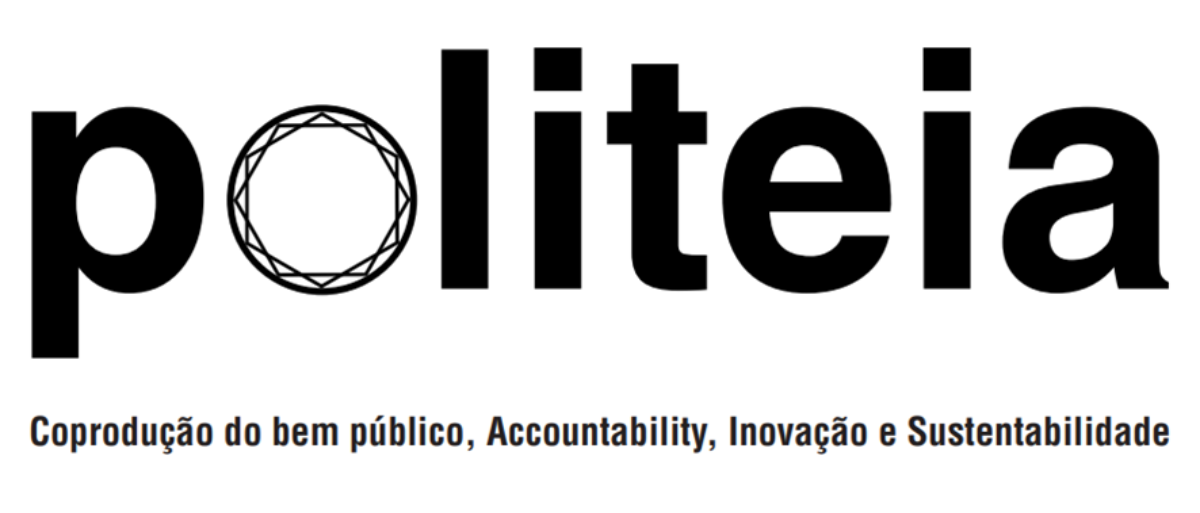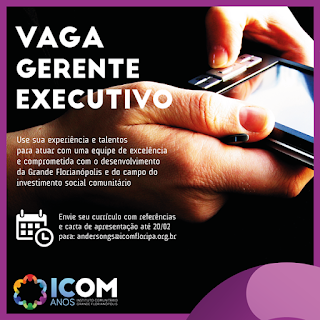RAM – Revista de Administração Mackenzie
Invited Editors:
Cláudia Cristina Bitencourt – Unisinos/Brasil Luciano Barin Cruz – HEC
Montreal/Canada Emmanuel Raufflet – HEC Montreal/Canada
Submission deadline: February 15, 2016
Issue estimated: July/August/2016
Societal problems represent both opportunities and hallenges for organizations. Issues such as poverty, climate change and inequality can be seen either as a burden or as a source for innovation. Multinational Corporations, Non-Profit Organizations (NGOs), Cooperatives and Social-Purpose Organizations have engaged in projects that can tackle some of these major societal issues.
Social innovation has emerged in recent years as an area of interest for scholars and practitioners (Nicholls et al. 2015). Although it has been discussed under different definitions, we refer to social innovation here as “new organizational and institutional forms, new ways of doing things, new social practices, new mechanisms, new approaches and new concepts that give rise to concrete achievements and improvements.” (CRISES, 2004:1).
The purpose of this Special Issue is to encourage scholars to view social innovation under different perspectives. We acknowledge the extent of empirical experiences based on different parts of the world and we wish to propose an open and systematic debate on theories influencing social innovation, methods used to study social innovation, managerial aspects of social innovation and types of social innovation.
This call is structured on the following (non-excluding) issues:
Theories influencing social innovation: Institutional theory (Barin Cruz, Delgado, Leca & Gond, forthcoming; Mair, Marti & Ventrasca, 2012), strategy (Herrera, 2015), and leadership (Marcy, 2015), resourced-based-view and competencies (Hart, 1995; Bitencourt & Oliveira, 2014; Berti & Bitencourt, 2012), organizational learning and learning based on social spaces (Chalmers, 2012; Mozzato & Bitencourt, 2014) are examples of theories that have been used to analyse SI in management. What is the potential of these theories in contributing to the SI issue? What other theoretical approaches have the potential to advance SI literature? What are possible contributions by theories from other fields (e.g. geography, political science, sociology, etc.) to explain further the SI phenomena? Is there such a thing as an SI theory or it is a phenomenon that needs an inter-disciplinarian approach to be explained and understood?
Research Methods and social innovation: SI can be understood from diverse angles (e.g. product, process, organizational form, outcomes, etc.), multiple methods can help to map, define and conceptualize social innovation and advance literature in the field. SI is also viewed as a research process per se which shifts the role of researchers to co-creators of social innovation. Which methods and epistemological approaches are mobilized to analyze different types of SI? From an epistemological dimension, what are the experiences of co-creating social innovation among researchers and actors? From a methodological viewpoint, what are the respective advantages of qualitative and quantitative methods in this field? How to use mix methods in the area and what are their potential and limitations? What are the implications of different data collection and analysis techniques?
Organizational aspects: “Managing” SI may be an oxymoron. For “managers” it is challenging and differs widely depending on the circumstances. In the case of social purpose organizations, sometimes, the use of traditional managerial tools and processes may not be adequate (Brown, 2015; Bitencourt et. al., 2014; Raufflet, Berranger & Gouin, 2008; Raufflet & Gurgel, 2007). We would like to explore several aspects of SI management. How is the SI development process (from an idea to its implementation)? What are the related SI phases and levels? How is the cooperative relationship between different agents involved in the SI unfolding process? What are the SI governance challenges?
Types of social innovation: SI can be seen as a product and a process. It can also be an organizational form with a social purpose, such as cooperatives (Leca, Gond & Barin Cruz, 2014), NGOs, social businesses (Yunus, Moingeon & Lehmann-Ortega, 2010), as a project with a social purpose in a traditional company (Porter & Kramer, 2011), as well as processes between organizations. Considering these multiple types of social innovation, we encourage studies aimed at issues such as: What are the facilitators and inhibitors involved in SI?; What is the impact of SI (transformations and other results) at different levels (individual, organizational, institutional)? How to evaluate the impacts and effects of social innovation? Do different types of SI always produce social transformation? Can social transformation be negative? What is the role of social entrepreneurs in social innovation?
This special issue welcomes submission of theoretical and/or empirical qualitative or quantitative studies, with a clear contribution to the advancement of knowledge in one or more of the four areas previously approached.
FONTE: RAM












